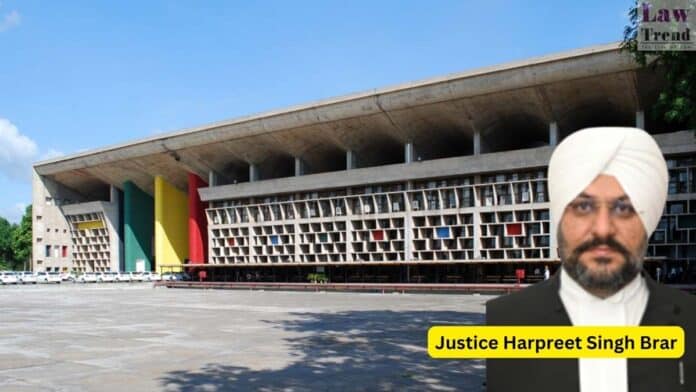In a significant ruling, the Punjab & Haryana High Court has underscored the importance of Section 175(3) of the Bharatiya Nagarik Suraksha Sanhita (BNSS), 2023, stating that a Magistrate must conduct a preliminary inquiry before ordering the registration of an FIR. The Court further held that re-investigation cannot be directed arbitrarily, emphasizing that judicial reasoning
To Read More Please Subscribe to VIP Membership for Unlimited Access to All the Articles, Download Available Copies of Judgments/Order, Acess to Central/State Bare Acts, Advertisement Free Content, Access to More than 4000 Legal Drafts( Readymade Editable Formats of Suits, Petitions, Writs, Legal Notices, Divorce Petitions, 138 Notices, Bail Applications etc.) in Hindi and English.




